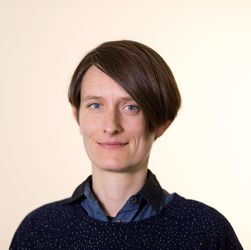Suburban Heat Shift Innovation district heating in agglomeration belts using the example of of the existing quarter “Leeste”: Project phase 1
A third of the final energy consumption in Germany is used for heating and hot water. Thus, heat consumption is an important factor when it comes to tackling global challenges such as climate change, energy efficiency and resource conservation. The aim of the project was to investigate the feasibility of an innovative district heating system for the use of sustainable heat energy sources such as waste water, well water or bioresidues in agglomeration belts from a technical and economic perspective.
The project refers to the district Leeste located at the southern border of the city of Bremen. This district represents a typical district of residential and non-residential buildings in suburban areas. In an analysis and design phase the project team conducted in-depth scientific analysis and develop appropriate concepts in order to prepare an implementation phase. Transferable results and methods will be made available to other suburban areas in Germany.
The IÖW developped economic analyses from the perspective of different stakeholder groups such as households, heat generators and heat network operators and calculates, among other things, investment requirements, total costs and heat production costs. By including the actors required for implementation at an early stage, a target group-oriented concept is to be ensured.
In a second project phase, the implementation of a heating network will be scientifically monitored and methods for optimising energy management and identifying suitable areas for 4th generation heating networks will be developed.
IÖW Project Team
- Janis Bergmann
- Alexander Deisböck
- Dr. Steven Salecki
- Dr. Julika Weiß



